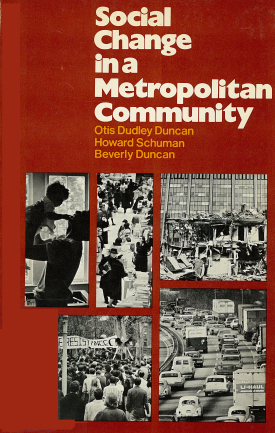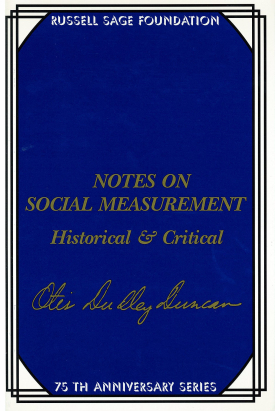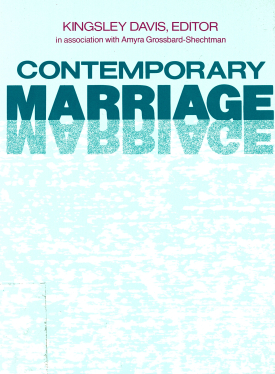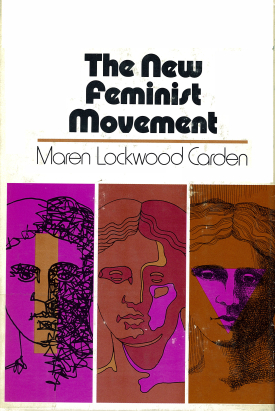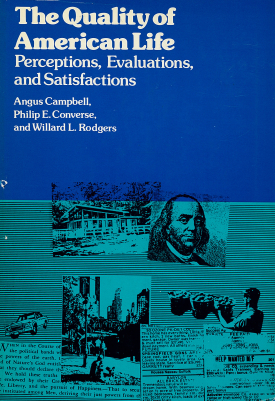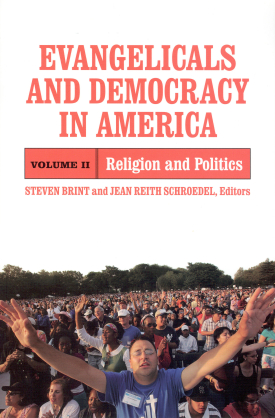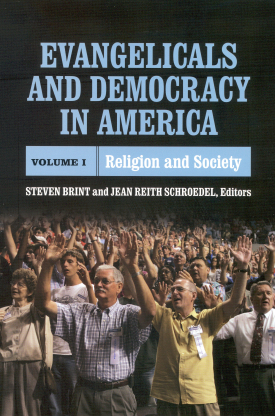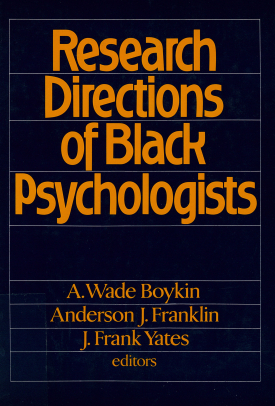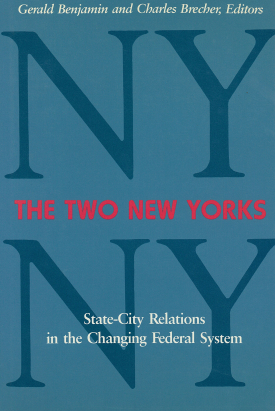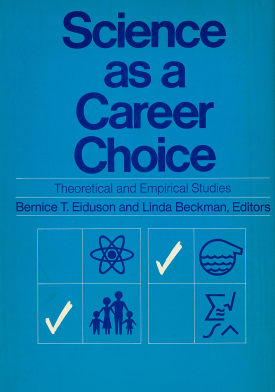
Science as a Career Choice
About This Book
How can we identify the young men and women who, as social and behavioral scientists of tomorrow, will do the needed research to resolve our burgeoning social problems? How can the most promising be attracted to an investigatory career? How can they become identified with the behaviors, attitudes and values that persons in science share?
A provocative body of literature about the psychology of the scientist and his career emerged in the post-Sputnik era. Drs. Eiduson and Beckman bring together more than seventy of the most significant and representative studies. These range over childhood and family influences, academic experiences, motivations, interests, and intellectual and personality strengths that have been examined as precursors for choosing science as adult work. The psychological mechanisms involved in socializing a young person toward a scientific career are suggested in readings from the outstanding theoreticians in the field. Selections on scientific career lines, decisions and options at various stages of work, and factors influencing goals and career development contribute to the understanding of the psychological life of the highly endowed and well-functioning professional adult.
Through showing the certain completeness of effort of what has been learned about the psychology of scientists to date, the authors anticipate a resurgence of interest in the creative individual, a renewed enthusiasm for application, and a refocusing of research on the issues unique to the social and behavioral research scientist.
BERNICE T. EIDUSON is associate professor in the Department of Psychiatry at the University of California at Los Angeles School of Medicine.
LINDA BECKMAN is adjunct assistant professor in the same department.

